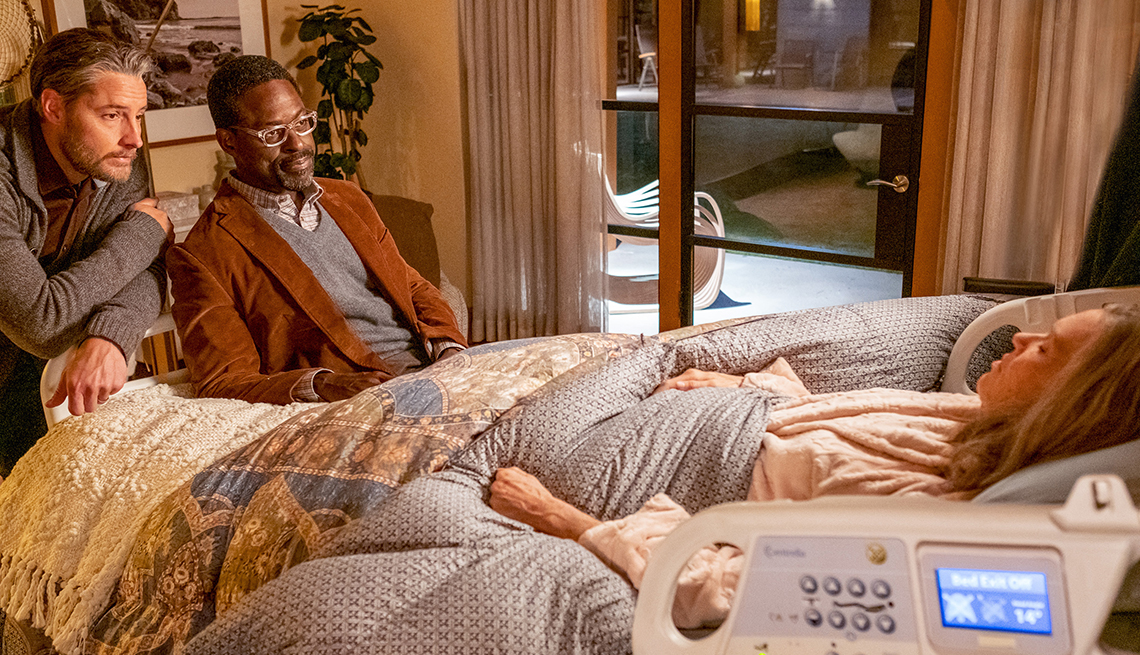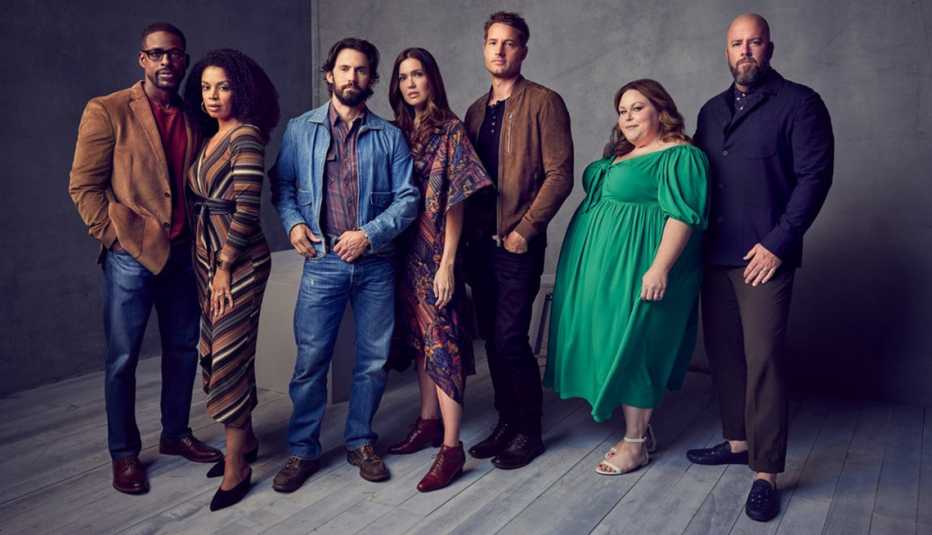Staying Fit
As the millions of faithful viewers of NBC’s hit drama This Is Us know, Season 4 finds family matriarch Rebecca Pearson (Mandy Moore) given a diagnosis of early-onset Alzheimer’s that is met with conflicting views among family members over the type of care she should receive.
It’s a compelling storyline, and one that researchers found resonated with viewers who say it helped reduce stigma surrounding dementia and encouraged families to discuss caregiving plans for aging relatives.


AARP Membership— $12 for your first year when you sign up for Automatic Renewal
Get instant access to members-only products and hundreds of discounts, a free second membership, and a subscription to AARP the Magazine.
“About 9 million U.S. adults have lived experience with Alzheimer’s disease and caregiving, and our work found that the storyline on This Is Us helped them feel seen,” lead study author Beth Hoffman, a postdoctoral associate at the University of Pittsburgh School of Public Health, said in a statement.
The study, published in the Journal of Health Communication, suggests that television programming can be a “promising avenue” for raising “awareness of the importance of advanced care planning related to aging.” The researchers noted that about 12 million viewers watched the This Is Us storyline.
“Given that the average U.S. adult spends approximately 2,000 hours per year watching prime-time television, it may be valuable for clinicians and public health professionals to develop collaborative partnerships with the entertainment industry that leverage this vast exposure to promote health,” they wrote.






































































